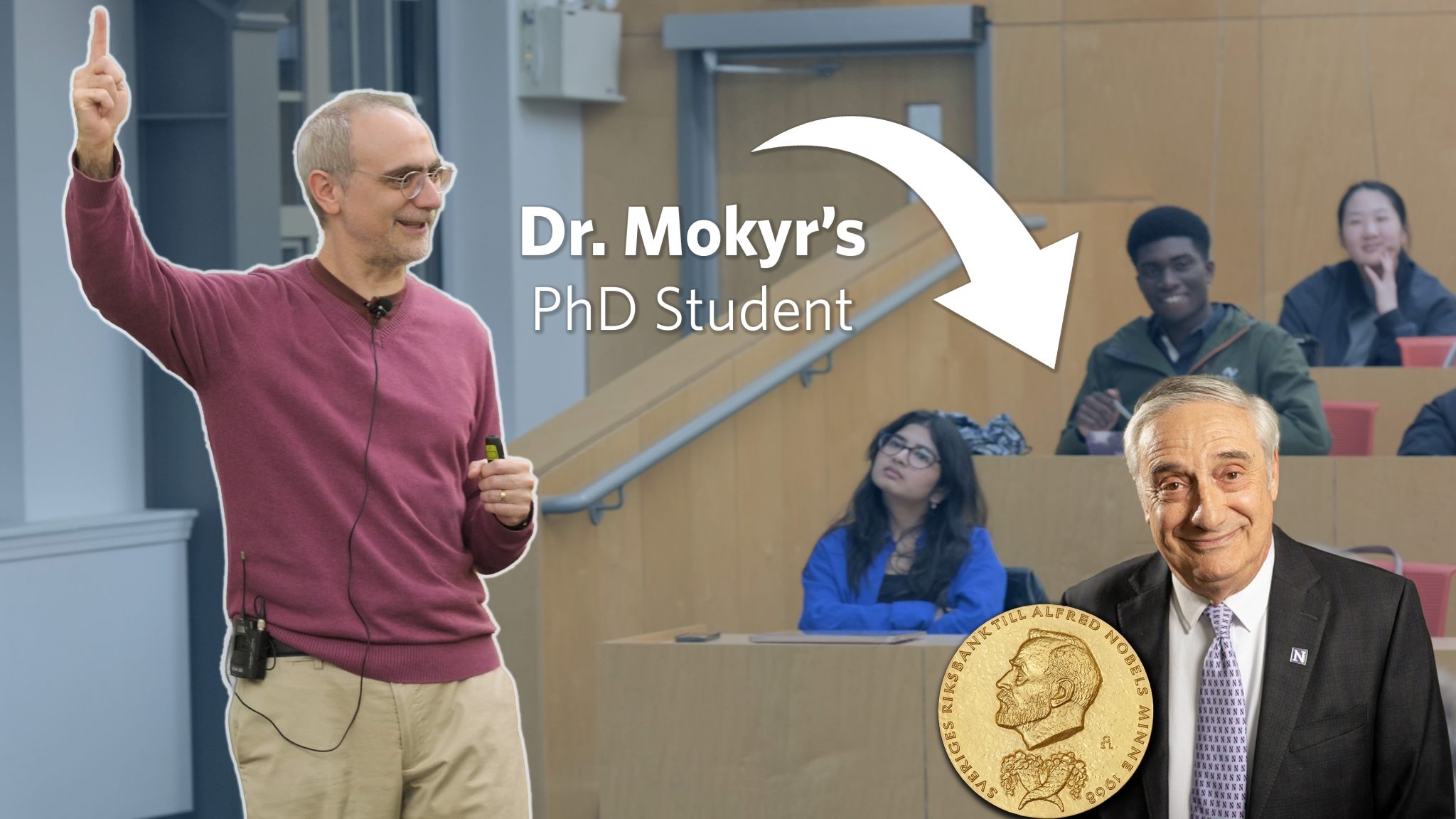

Due to the COVID19 outbreak, UBC has moved all classes online, and many of our faculty members have met the challenge to teach in this new way very quickly.
Many of our economic courses are now offered using Blackboard’s Collaborate Ultra, a videoconferencing tool that acts as a virtual lecture hall.
We asked three VSE faculty members how the transition is going. Here’s what they had to say in this Q&A.
What do you like about using the videoconferencing tool to deliver your lectures?


Prof. Marina Adshade
Prof. Marina Adshade: Teaching in pyjamas has been a bit of a dream of mine, not that I have gotten there quite yet! My favourite teaching moments are those when I have a student in my office and we are working though an economic problem together, drawing graphs and writing out equations on some paper or my whiteboard. It is surprising, but teaching with these tools is much more like that experience than teaching in a large classroom where the graphs are on the board or screen. Students seem to be more engaged, I think because they feel like we are having a one-to-one conversation.
Prof. Jonathan Graves: I get to live my dream of being a YouTube superstar instead of a professor! But seriously, I think video tools are a great way to let people interact and take part in a course even if they can’t attend a lecture in person or at a scheduled time. Livecasting and recording gives students so many options, and works well for a lot of different content.
Prof. Emrul Hasan: I like the fact that you can do it remotely. You can do it from anywhere. I also get significantly more questions via the chatbox that students do not ask face-to-face due to fear or anxiety. I feel I am more connected with my students when they use the chatbox to chat with me. Online teaching also makes students more self-reliant.
What has been the biggest challenge to moving your classes online?


Prof. Jonathan Graves
Prof. Graves: It’s really hard not having the face-to-face interaction with students. I’ve been relying on the Collaborate chat and “feedback” options to mimic that experience, but it’s a really big change. I put googly eyes on my web-camera, but it’s just not the same as having an in-person audience reacting to you.
Prof. Adshade: I say this in all seriousness: the biggest challenge has been dealing with my own ego. I pride myself in being both organized and technically competent. But, it is impossible for anyone to adopt multiple technology platforms over a short period of time without failing in some steps of the process. The students probably don’t notice or don’t care, but it makes me feel terrible!
Prof. Hasan: Reading faces and having that face-to-face interaction. Teaching is not only about talking and going over materials on PowerPoint slides. You also have to change your pace or crack a joke here and there if you find students are bored by reading their faces. That’s something you cannot get while teaching online.
What has been the reaction from your students to this change?


Prof. Emrul Hasan
Prof. Hasan: I have been using online teaching over the last two years for different courses. Students generally like it because it’s flexible. They can join from anywhere using their computer, tablet or phone. A lot of students also come from all over B.C. They are happy too because they save a lot of commute time. I think a course should be a combination of both in-class and online teaching so that every student is adequately served. The in-person lecture has its own appeal of face-to-face interactions, but online real-time lectures are new ways of teaching younger millennials and Gen Z students.
Prof. Adshade: My students are telling me that they are very happy. I think the classes are giving them some level of normalcy to their currently chaotic lives. For an hour, three times a week, they are just regular students taking a class on American economic history. I feel the same way, so whenever we get together I am genuinely happy to see them. We are all working together to make this class a success.
Prof. Graves: My students have been great. This is an immensely difficult time for everyone, and although there are many challenges, they’ve really stepped up and are making an effort to stay involved and connected. I’ve been trying to send that energy back to them, and I hope it comes through.


